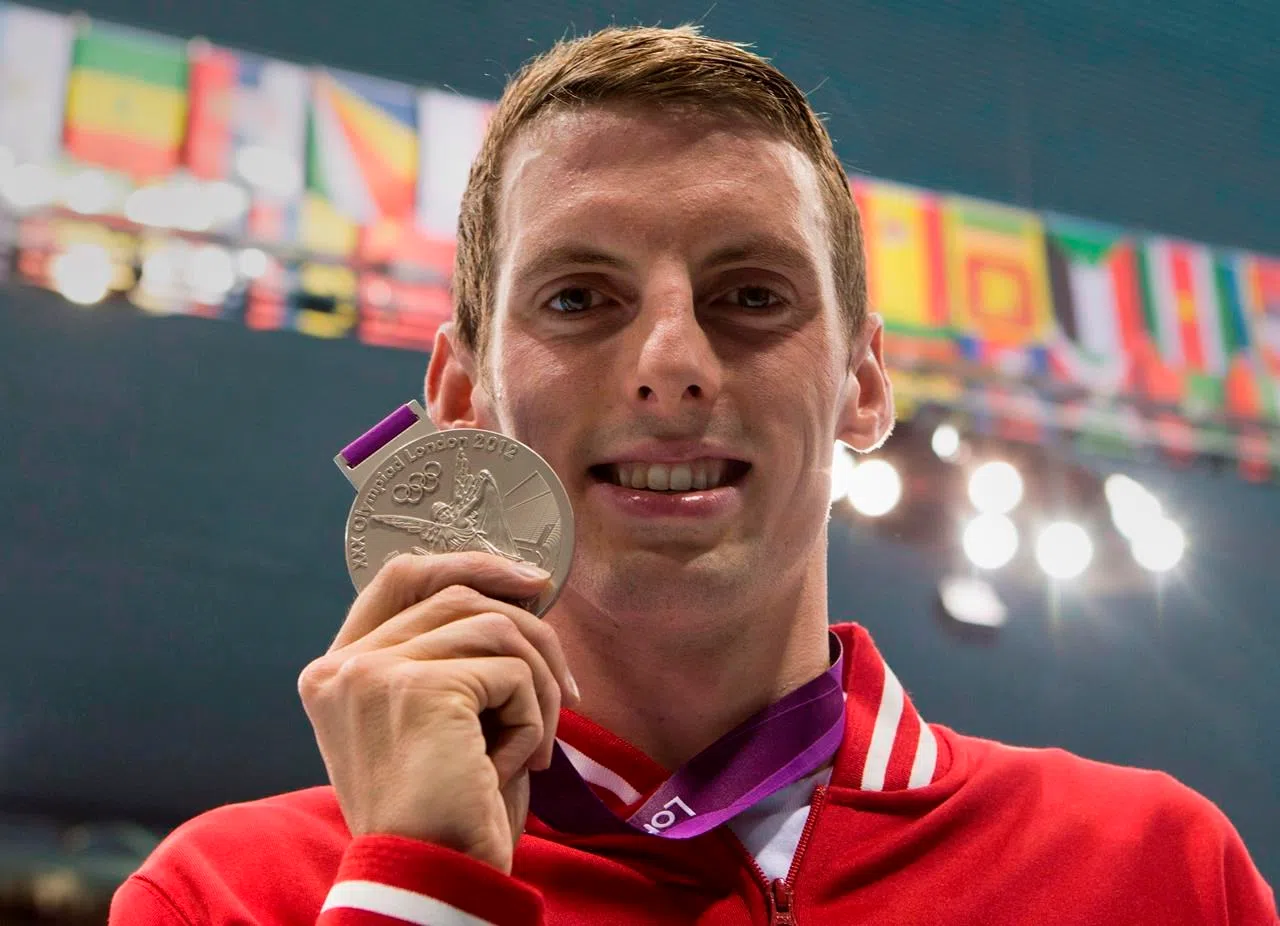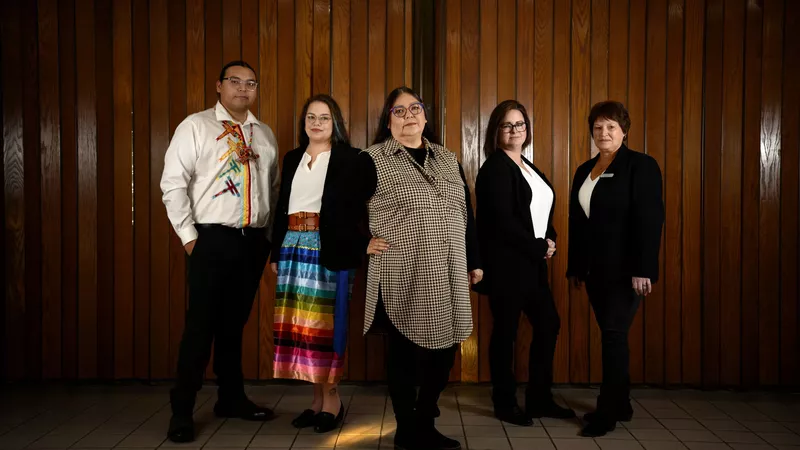
Canadian swimmer Ryan Cochrane retires with Olympic, world championship medals
Ryan Cochrane is ready for his reinvention.
The 28-year-old from Victoria, a consistent medal producer during a thin time for Canada’s swim program, announced his retirement from competition Tuesday. He ends his decorated career with two Olympic medals in the men’s 1,500-metre freestyle — a silver and a bronze — and eight world championship medals, the most by a Canadian swimmer.
“Thinking of stepping away is the most difficult decision I’ve ever had to make because it’s reinventing yourself, which is both exciting and terrifying at the same time,” Cochrane said Tuesday on a conference call.
Going from someone who is in the top percentile in the world at something to someone who isn’t can be a difficult transition for athletes as they re-define themselves.


